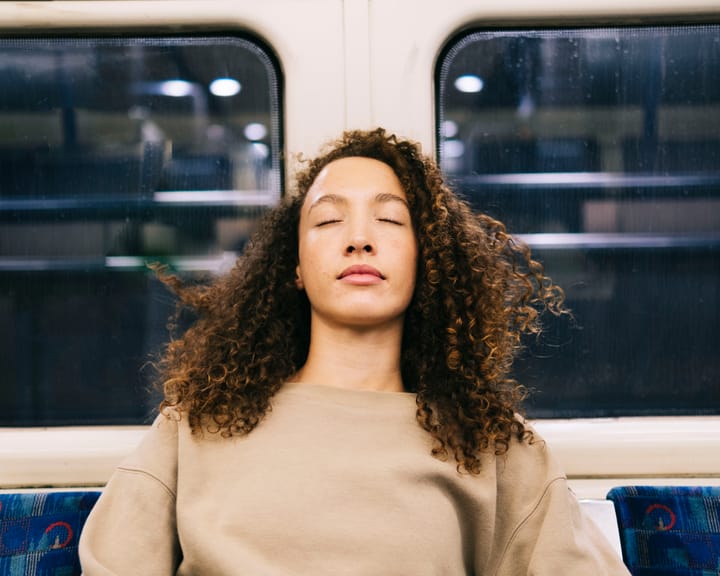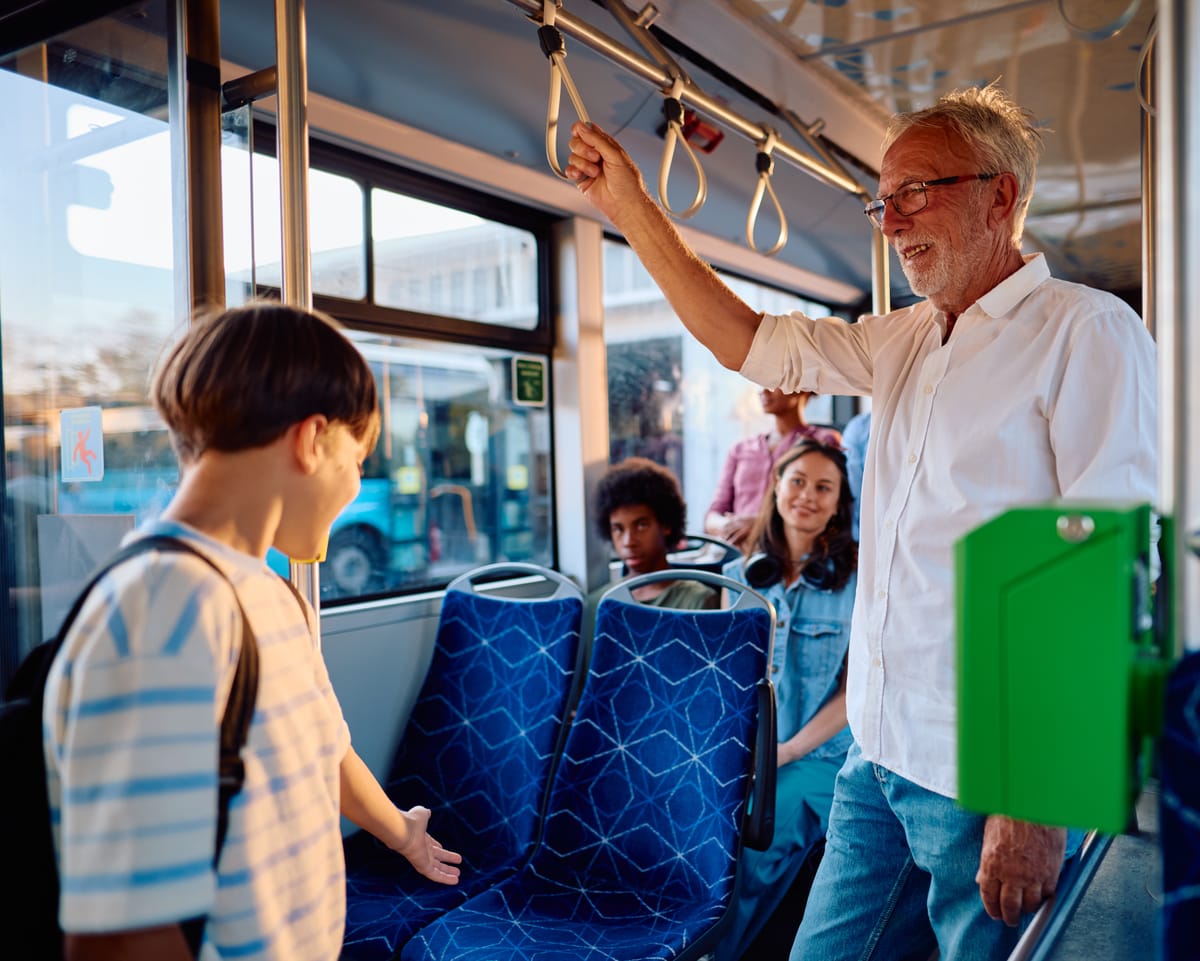It’s tempting to form quick judgments, particularly about human behavior, especially when those conclusions are unflattering. Yet sometimes, appearances are deceiving. Consider the recent experience of Celia Imrie, who hosted the 80th anniversary VJ Day event at the Armed Forces Memorial in Staffordshire. King Charles and Queen Camilla were present, and she described the occasion as “remarkable.” However, her journey back to London somewhat soured the day.
“I’m not one to complain, but I had to stand the entire two-and-a-half-hour trip because no one offered me a seat,” the 73-year-old told an interviewer. “I was stunned,” she admitted, suggesting that younger generations often overlook older individuals. “If you’re asking whether people pay less attention to you as you age, I’m afraid I’ve noticed it,” she continued. “Even walking down the street, it’s like you’re unseen. It’s strange. I even wear a bright coat.”
Beyond her vibrant outerwear, Imrie has a highly recognizable face, having appeared on screen for decades. So fame may open doors, but it doesn’t guarantee a place to sit.
Yet this isn’t just about young people disregarding older generations. It’s also about the discomfort of navigating social expectations. Deciding when to offer a seat on public transport is one of the trickiest interpersonal challenges—particularly in Britain, where many dread awkward encounters. The added pressure of doing so in front of an audience makes it even more daunting. A misplaced gesture risks offending someone publicly, leaving lasting embarrassment—a feeling familiar to anyone who’s had a well-intentioned offer met with, “I’m not pregnant, thank you.”
Let’s be clear: those who occupy priority seats—those designated for individuals who need them most—and then ignore their obligation are the real issue. Choosing those seats means accepting a moral duty to stay alert and act when necessary.
If someone in a priority seat misjudges the situation and offers their spot to someone who doesn’t need it, the mistake is less severe than if a regular passenger does the same. They’ll still feel awkward, but at least their intentions were noble.
Not long ago, I witnessed a misguided attempt at chivalry when a man gave up his seat—not out of courtesy, but because the woman standing nearby was particularly striking.
Read next

Africa's Warning on Solar Geoengineering Risks Gains Editorial Backing
It is appropriate that this week’s United Nations environmental discussions are happening in Nairobi, as Africa plays a central role in shaping global climate dialogue. Diplomats from the continent are addressing the complex issue of whether attempting to cool Earth by reducing sunlight exposure is a prudent approach. While

Might Narcolepsy Medication Revolutionize the World?
Breakthroughs in Sleep Science Reveal Surprising Insights
During a conversation with a pharmaceutical researcher, I learned of significant progress in sleep medications. One promising development targets narcolepsy, though its method could also address broader sleep issues like insomnia, much like how certain unexpected innovations find wider applications — akin to adhesive

"Far right still dominant in Netherlands despite Wilders' government setback"
Dutch Voters Head to the Polls Amid Political Instability
On Wednesday, Dutch citizens will cast their votes once again, marking the ninth election for the Tweede Kamer—the legislative chamber of the Netherlands’ parliament—in this still young century. In some respects, the country has come to resemble Italy in

